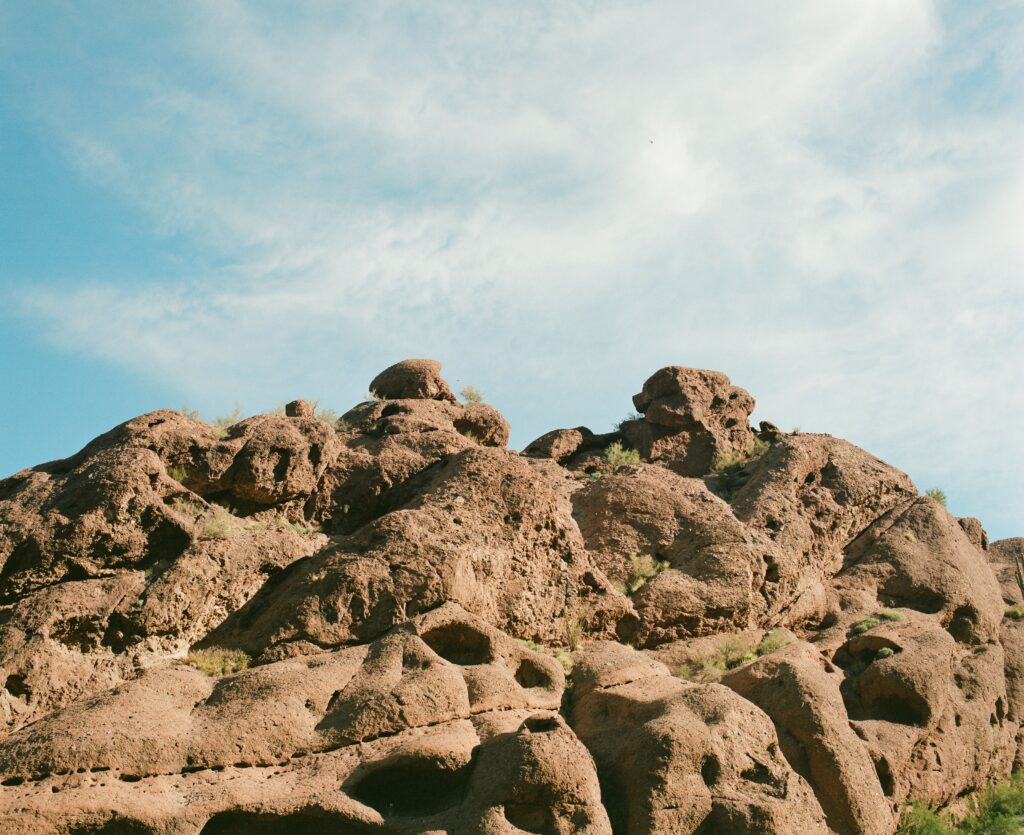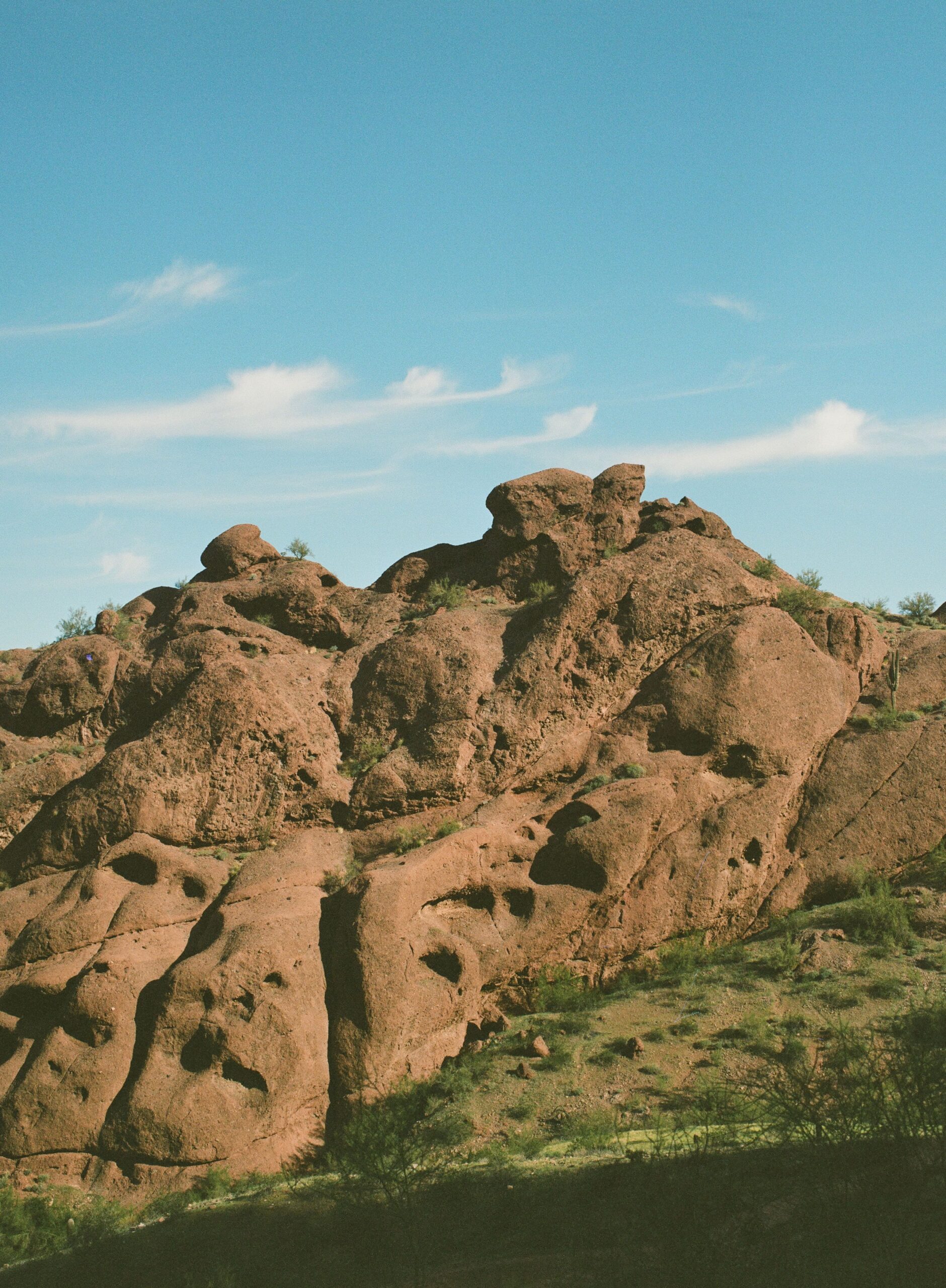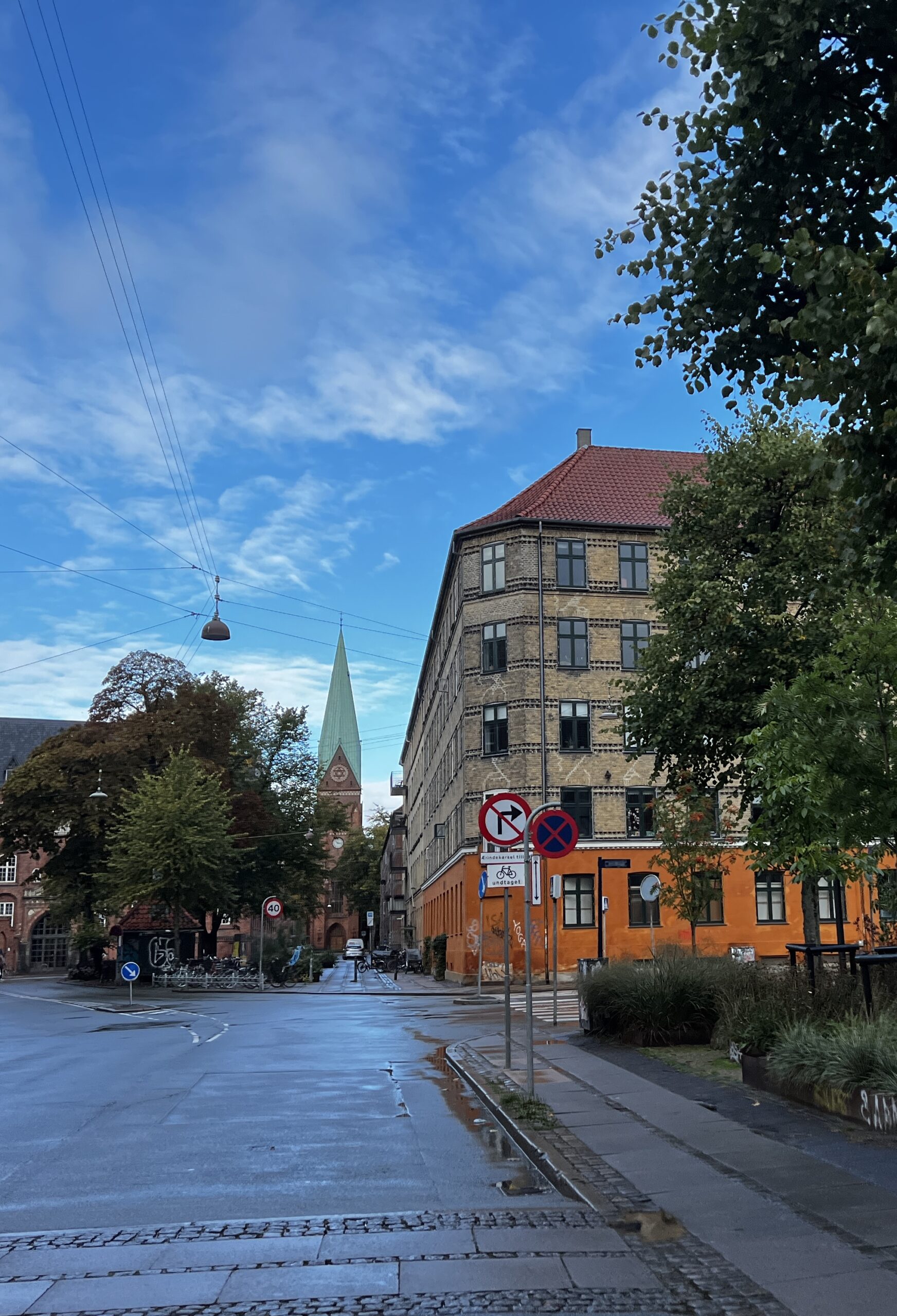 Phoenix, AZ
Phoenix, AZ
Camelback’s faces wither in the sun. I used to hate Arizona and coming here and then I moved here and hated it and left and now all I think about is a good summer day and the lazy way a person can be themselves sifting through the desert, eating pizza, all that kind of stuff anyone does anywhere else, except then this mountain Camelback is available to burn off all those cheese calories. And that’s not the same everywhere. There is a part of me who everyday thinks of being back in Arizona walking around blistering days, laughing how when I had them to myself, I had thought this was the end of the line, that there had never been a worse place on earth. That’s mid-thirties type clarity.
This time I had come for a vacation where I could see and visit my mother who, a month or so prior had been dog-sick in that dig-up-your-regrets-and-make-amends vibration where her diabetes went awry and the surgeries went awry, too, then infections followed, all awry, and all the stuff where you hear about it and think, “What’s it I’ve been up to?” Especially since, when I think about this scare, I remembered a time a few years back at my little brother’s graduation she had said, “You know it’s something they say about how if you only see your parents once a year and most people die around seventy that means I’m only going to see you twenty more times.”
That’s why it’s kind of sad to go through life in this fractured state of mind where you hate everything about who you were and how you came to be and how you watched everyone around you have everything they ever wanted while you ate stale cheese and white bread or Top Ramen and the whole reason for that is this sick person calling you to say they aren’t doing well who, at the time of our meeting, was a teenager doing her best. I had forgotten to consider that. I allowed myself to be too busy and wondered in that same first call how strange it would be to holler for someone’s attention by saying, “Mom.” That there’s a person I would call for who I no longer call for and now she’s in a hospital bed wondering if I will come and see her, how if I did, I’d say “Mom,” in an atrophied way. There’s a part of me that will die with her, that’s chasing her around and calling so she can look and watch me jump off a couch or throw a ball or smash something with my strength. And even though we’re familiar in the way our relationship dictates, I know not one thing about her childhood or her favorite movie or color or how she spends her time other than smoking and drinking cokes which now, hearing her, sounds more like a caricature of a person I’ve distanced myself from rather than a mother who has reached out for me to say, I have almost died, son. Do with that what you will.
I came back to Arizona during a coast-is-clear moment in her procedures and now I daydream about being here again, about spending time, and appreciating the small things around me until I had a moment alone and hiked Camelback. There was a good small breeze. Mom and me were taking my nephew to the zoo soon. I was thankful to be here and I was thankful to get the chance to create new-type memories. Which is how it came to be that I looked deep into the rock that day and saw the eyes of this world staring at me.
Christopher Ayala is a writer from Massachusetts. His work has been performed at the HUT series in Northampton, MA, with writings published in The Massachusetts Review, Keith LLC, and Big Big Wednesday. He is an Associate Teaching Professor at Northeastern University in Boston, Massachusetts. You can read more of his work at https://christopherjayala.com.




